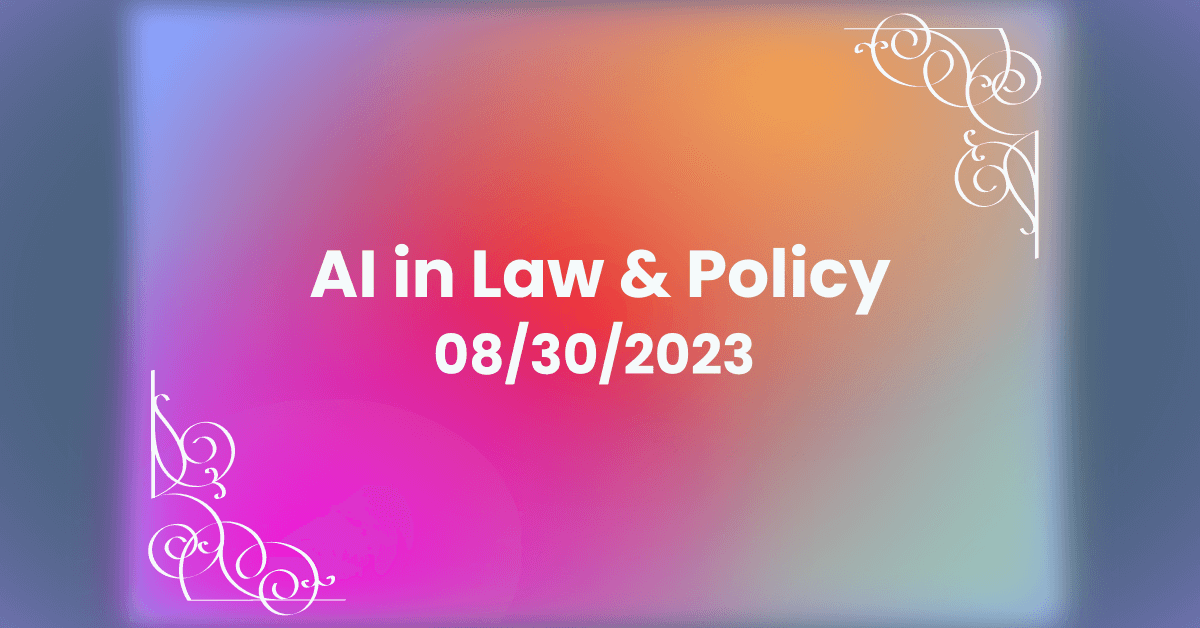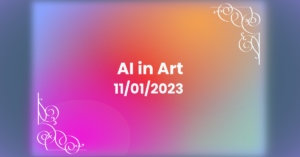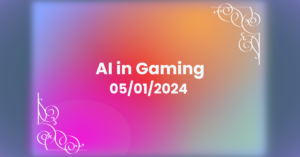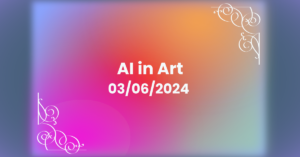Navigating Intellectual Property in the Evolving AI Landscape
Intellectual property remains a key consideration for policymakers confronting the rapidly changing AI landscape, and the decision by Judge Howell in the D.C. District Court earlier this month has shed light on at least one possible future for AI-generated content. The decision hinged upon whether authorship can belong to a machine or, absent that, whether copyright should inure to the benefit of the machine’s creator or owner. Judge Howell, echoing prior sentiment of the Copyright Office and prior jurisprudence, held that an author, at least for the purposes of the Copyright Act, can only mean a human being. The Plaintiff made the mistake of conceding in the copyright application that the piece of art at issue had been entirely, “autonomously” created by the algorithm, and I suspect that wise future litigants will not likely make that mistake again.
This line of reasoning would seem to close off for the time being the hope among entertainment giants that AI could provide an end-run around the labor demands of their employee creatives. However, creative litigants are unlikely to give up; future cases are near certain to test the limits of just how tenuous a human connection can exist in a finished work in order for it to enjoy the protection of copyright. Until the dust has settled, the best practice remains that anyone employing AI tools should be sure to give the AI’s version a thorough edit before publication, no matter how much control they have over the tools.







